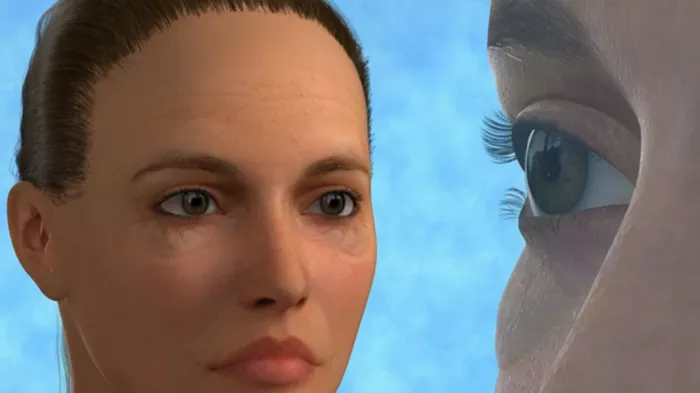Eyelid surgery, also known as blepharoplasty, is a cosmetic procedure that involves the removal of excess skin, fat, and muscle from the upper and/or lower eyelids. This surgery aims to improve the appearance of the eyes by reducing puffiness, sagging skin, and wrinkles. While eyelid surgery is a relatively simple and safe procedure, it is important for patients to understand what they can do after eyelid surgery to ensure a smooth and successful recovery. In this article, we will discuss what you can do after eyelid surgery to promote healing and achieve optimal results.
1. Rest and Relaxation
One of the most important things you can do after eyelid surgery is to rest and relax. Your body needs time to heal, and pushing yourself too hard can slow down the healing process and increase the risk of complications. It is important to take time off work and other obligations to allow your body to recover. During the first few days after surgery, you should avoid any strenuous activities, such as exercising or lifting heavy objects. You should also avoid bending over or lifting anything heavier than 10 pounds, as this can increase blood pressure and cause bleeding. Resting and relaxing will help your body heal faster and reduce the risk of complications.
2. Apply Cold Compresses
Applying cold compresses to your eyes can help reduce swelling and bruising after eyelid surgery. Cold compresses can constrict blood vessels and reduce the amount of fluid that accumulates around your eyes. You can use ice packs, frozen peas, or a bag of frozen vegetables as a cold compress. Apply the cold compress to your eyes for 10-15 minutes at a time, several times a day during the first few days after surgery. Be sure to wrap the cold compress in a clean cloth or towel to prevent ice burn.
3. Take Pain Medication as Prescribed
It is common to experience some discomfort and pain after eyelid surgery. Your surgeon will prescribe pain medication to help manage your pain. It is important to take the pain medication as prescribed to keep your pain under control. You should take the medication with food to prevent stomach upset. Do not take more medication than prescribed, as this can lead to complications. If you experience severe pain or discomfort, contact your surgeon immediately.
4. Avoid Smoking and Alcohol
Smoking and alcohol can interfere with the healing process after eyelid surgery. Smoking can impair blood flow and increase the risk of complications, while alcohol can interfere with the effectiveness of pain medication and increase the risk of bleeding. It is important to avoid smoking and alcohol for at least two weeks before and after surgery. If you are a smoker, consider quitting before your surgery to promote healing and reduce the risk of complications.
5. Protect Your Eyes from the Sun
After eyelid surgery, your eyes will be more sensitive to light and sun exposure. It is important to protect your eyes from the sun’s harmful rays by wearing sunglasses and a wide-brimmed hat. Choose sunglasses that block 100% of UVA and UVB rays. Avoid direct sunlight and wear a hat to shade your face and eyes. Sun exposure can cause irritation, dryness, and damage to your eyes, which can slow down the healing process.
6. Attend Follow-Up Appointments
Follow-up appointments with your surgeon are important to ensure that your healing is progressing as expected. Your surgeon will monitor your progress and address any concerns or issues that may arise. You should attend all scheduled follow-up appointments and contact your surgeon if you experience any unusual symptoms or complications. Your surgeon may recommend additional treatments or procedures to optimize your results.
7. Practice Good Eye Hygiene
It is important to practice good eye hygiene after eyelid surgery to prevent infection and promote healing. Wash your hands before touching your eyes and avoid touching your eyes unnecessarily. Use a clean, damp cloth to gently clean around your eyes. Avoid rubbing your eyes or applying pressure to the incision sites. If you wear contact lenses, avoid wearing them until your surgeon clears you to do so.
Conclusion
There are several things you can do after eyelid surgery to promote healing and achieve optimal results. Rest and relaxation, applying cold compresses, taking pain medication as prescribed, avoiding smoking and alcohol, protecting your eyes from the sun, attending follow-up appointments, and practicing good eye hygiene are all important steps to ensure a smooth and successful recovery. By following these guidelines, you can minimize discomfort, reduce swelling and bruising, and achieve the best possible results from your eyelid surgery.


